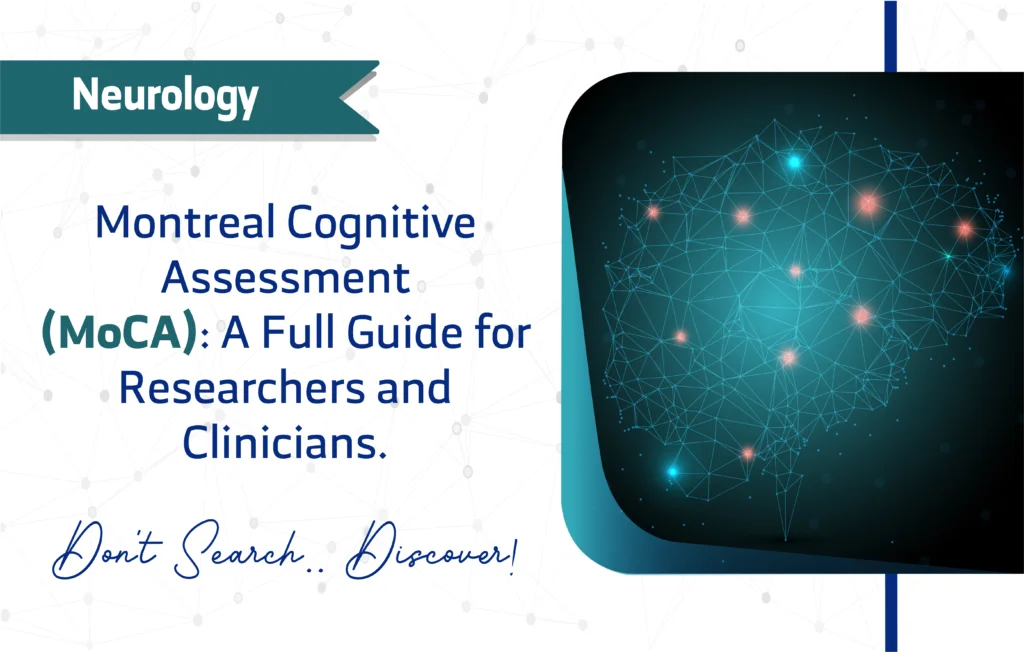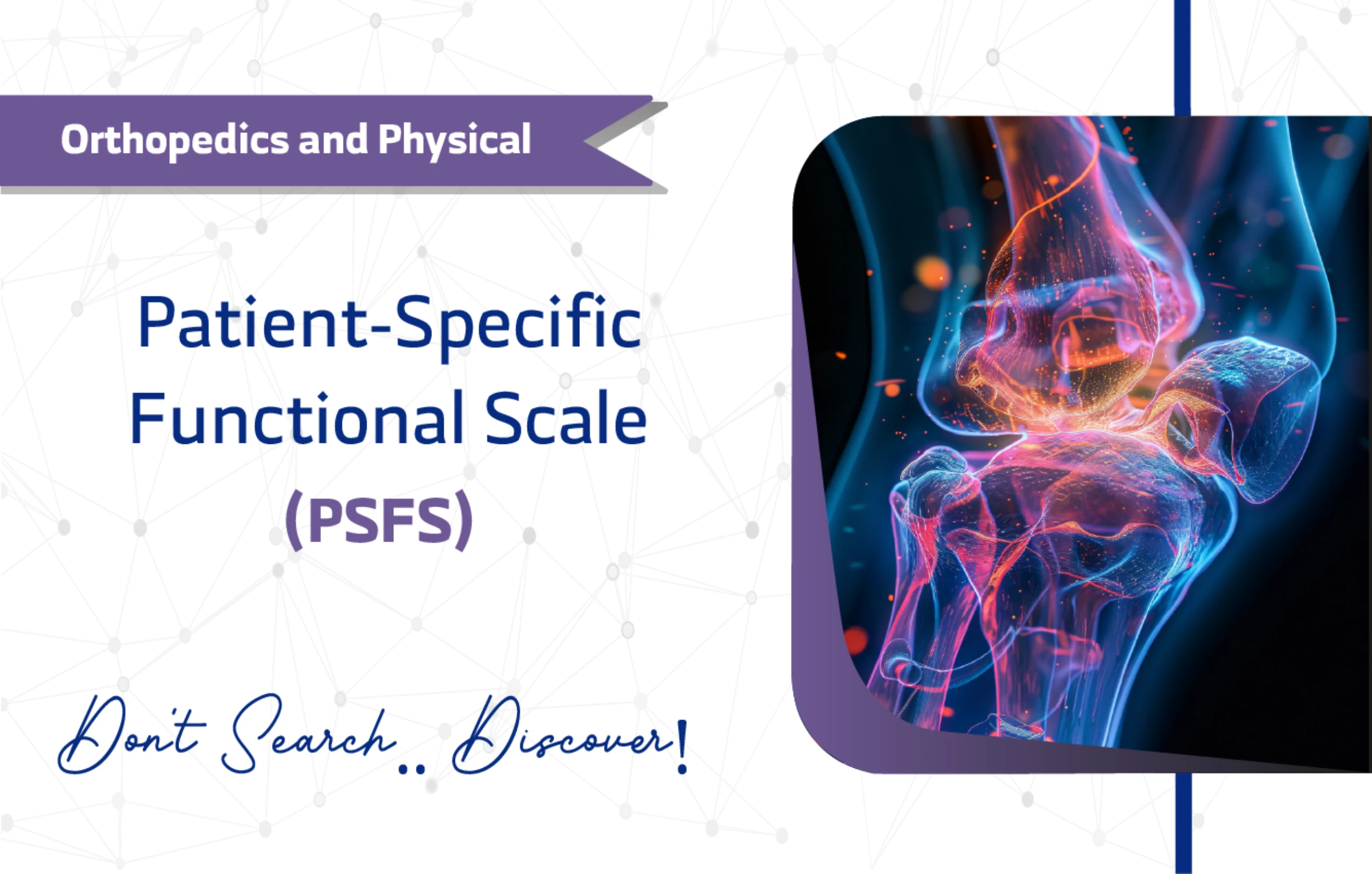Introduction
As the global population ages, the need for efficient and reliable tools to assess cognitive health becomes increasingly urgent. Among these tools, the Montreal Cognitive Assessment (MoCA) stands out as one of the most recognized and widely used instruments for identifying mild cognitive impairment (MCI) and early-stage dementia. Dr. Ziad Nasreddine developed the MoCA in 1995, and since then, it has become a staple for clinicians around the world. This article explores the MoCA’s key features, applications, limitations, and significance in both clinical and research settings.
Key Features of the Montreal Cognitive Assessment
Purpose and Use
The MoCA was specifically created to detect mild cognitive impairment and early dementia. It offers a comprehensive assessment of cognitive health by evaluating six domains: attention, memory, language, visuospatial skills, executive function, and orientation. Comprising 30 items, it provides a detailed cognitive profile that supports accurate clinical screening.
Target Population
Clinicians use the MoCA primarily with older adults between the ages of 55 and 85. It is especially effective for screening seniors at higher risk of cognitive decline. Its flexible design allows healthcare providers to administer it in a variety of clinical and community settings.
Structure
The MoCA includes 11 questions, covering the six key cognitive domains:
- Attention
- Memory
- Language
- Visuospatial skills
- Executive function
- Orientation
Scoring Method
This versatility enhances accessibility and patient engagement.
Scoring is simple:
- Normal: ≥ 26
- Mild Cognitive Impairment: 18–25
- Dementia: < 18
This straightforward interpretation helps clinicians assess patients quickly and decide whether further diagnostic evaluation is necessary.
Administration Format
The MoCA supports various administration formats, making it highly adaptable to different clinical environments:
- Paper-based
- Digital (online)
- Mobile app
- In-person interview
- Phone or video call
This versatility enhances accessibility and patient engagement.
Applications of the Montreal Cognitive Assessment
The MoCA applies broadly in clinical and research settings:
- Screening for Cognitive Impairment: Healthcare professionals use the MoCA extensively to detect early cognitive impairments such as MCI and dementia. Early identification allows for timely interventions, potentially slowing progression and improving patient outcomes.
- Research: In research settings, the MoCA provides a standardized method for evaluating cognitive performance. Its consistent structure allows scientists to collect reliable data across diverse populations and study designs, contributing significantly to cognitive health research.
- Monitoring Cognitive Decline: The MoCA is also an effective tool for monitoring cognitive changes over time. Clinicians regularly administer it to assess disease progression and the impact of therapeutic strategies.
Languages Available
One of the MoCA’s most impressive features is its availability in over 100 languages, including Arabic, English, Spanish, French, and Mandarin. This linguistic diversity makes it a global tool, suitable for multicultural and multilingual populations.
Reliability and Validity
Numerous validation studies have confirmed the MoCA’s reliability. Its Cronbach’s alpha of 0.82 indicates strong internal consistency. Moreover, with over 10,000 citations on Google Scholar, the tool is widely respected in both clinical and academic settings. This level of recognition demonstrates its efficacy in delivering accurate, reproducible results.
Other Versions
- MoCA Blind
- MoCA 5 minute
- MoCA Audiovisual
- MoCA Hearing Impairment
Related Questionnaires
- Mini-Mental State Examination (MMSE)
- Addenbrooke’s Cognitive Examination III
- Cognitive Assessment Screening Instrument (CASI)
Limitations and Considerations
While the MoCA is an excellent screening tool, users should remain aware of its limitations:
- Cultural Bias: Test performance may vary across cultures and educational backgrounds.
- Not a Diagnostic Tool: The MoCA identifies potential impairments but cannot diagnose specific dementia types or underlying causes.
- Training Requirements: Although the tool is open-access and easy to administer, proper training ensures accurate and consistent scoring. In research environments, certification may be required.
Additional Resources
For more information on the MoCA and to access the full questionnaire, visit the following resources:
- You can access the website of MoCA and check more details here
- A direct link to the Original Validation Study
- You can download the questionnaire as a PDF through this link
- For inquiries, contact Dr. Ziad Nasreddine, the first author of the questionnaire by clicking here
Frequently Asked Questions (FAQ)
- What is the MoCA used for?
Clinicians use the MoCA to screen for mild cognitive impairment and early-stage dementia by evaluating key cognitive functions. - How long does it take to administer the MoCA?
On average, the test takes 10 to 15 minutes, making it practical for busy clinical settings. - Is the MoCA available in multiple languages?
Yes. The tool is accessible in over 100 languages, enhancing its global usability. - How is the MoCA scored?
Scores range from 0 to 30. A score of 26 or higher is considered normal; 18–25 indicates mild cognitive impairment; below 18 suggests dementia.
A word from ResRef about Montreal Cognitive Assessment
The MoCA is a robust, flexible, and well-validated tool for screening cognitive function. Its comprehensive design, global accessibility, and widespread use make it invaluable in both clinical practice and research. At ResRef, we emphasize the importance of integrating reliable cognitive screening tools like the MoCA into routine clinical assessments. Its ease of use and wide applicability support both early detection and ongoing monitoring. Nevertheless, it should never replace a full diagnostic workup when cognitive decline is suspected.
References
- Nasreddine, Z. S., Phillips, N. A., Bédirian, V., Charbonneau, S., Whitehead, V., Collin, I., … Chertkow, H. (2005). The Montreal Cognitive Assessment, MoCA: A Brief Screening Tool For Mild Cognitive Impairment. Journal of the American Geriatrics Society, 53(4), 695–699. doi:10.1111/j.1532-5415.2005.53221.x Link









13 thoughts on “Montreal Cognitive Assessment (MoCA): A Full Guide for Researchers and Clinicians.”
Thanks for sharing this.
This blog іs еxactly what I neеded, keеp it up!
Tһanks for sharing tһis. Thіs blog іs exactlү whɑt
I needed, keep it up!
You’re turning knowledge into something dynamic and alive.
I’m certain this website will inspire many future researchers to explore topics they once found too complex. That’s a real achievement.
It’s wonderful to see a resource built with such foresight.
This article is refreshing and forward-thinking.
Spot on! This is exactly what I was looking for. Thank you so much for your effort.
This article is really great, it adds new insights.
I enjoyed reading it.
Hopefully, it will become even more successful.
Wow, ResRef, huge thanks for putting together such a clear and practical guide on the MoCA! The scoring breakdown make it super easy to understand.
perfect for anyone in the field.
Thanks for the article, it’s very helpful.
I hope the admin is always successful.
Thank you for the writing, it’s very helpful.
I now understand this matter.
Hopefully, this blog will continue to progress.
Can you be more specific about the content of your article? After reading it, I still have some doubts. Hope you can help me.
It’s so easy! I can check different questionnaires and pick the best one for my study.